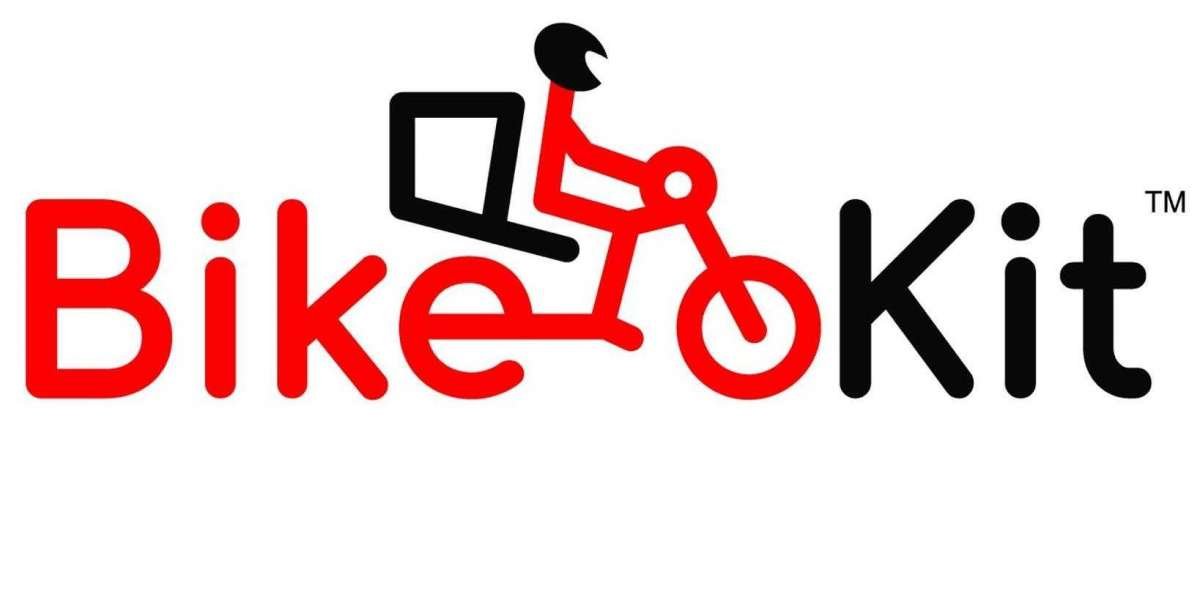Market Dynamics
Bleaching agents induce chemical reactions in food, including oxidation and reduction, to degrade food colour. The most widely used bleaching agents are hydrogen peroxide and sodium perborate used in food industries. Commercial bakeries typically use azodicarbonamide to bleach flour which makes flour whiter. In addition, bleaching agents also alter the structure of the dough, reinforce the gluten fiber and add elasticity to the dough. USFDA (Food Drug Administration) acknowledges bleaching agents as GRAS (Generally Recognised as Safe) and permits bleaching agents in baked goods and flour up to a maximum of 45 parts per million. The market for bleaching agents is expected to expand moderately during the forecast period due to the demand for rapid preparation of food items and enhanced food products with improved appearance and texture.
Key Players
BASF SE (Germany), Aditya Birla Chemicals (Grasim) (India), Akzo Nobel N.V. (Netherlands), Evonik Industries AG (Germany), Akzo Nobel N.V. (Netherlands), Solvay Chemicals Inc. (US), Hawkins, Inc. (US), Spectrum Laboratory Products, Inc. (US), Gujarat Alkalies and Chemicals Ltd. (India), and Kemira Oyj (Finland) are some of the key players in the global bleaching agents market.
Segmentation
The global bleaching agent market has been segmented into type and application.
Based on type, the market has been segmented into azodicarbonamide, hydrogen peroxide, ascorbic acid, acetone peroxide, chlorine dioxide, and others.
The hydrogen peroxide segment is expected to hold the largest share of the global bleaching agents market share in terms of value. In the food and beverage processing industry, it is widely used as a peroxygen agent in products such as flour, baking foods, natural sugars, natural oils, waxes, gums and starches. The US Food and Drug Administration (FDA) has affirmed the widely accepted health status of hydrogen peroxide as a direct ingredient used in food products. Hydrogen peroxide primarily bleaches and purifies food products, which in effect helps to enhance the quality of food products.
Based on application, the market has been segmented into dairy, bakery, convenience food, and others.
Flour in bakery segment is accounted for the largest share of the global demand for bleaching agents in 2017. Bleaching agents are used for the whitening of flour, because freshly milled flour has a slightly yellowish appearance because it contains carotenoids. In addition, bleaching oxidizes the surface of the flour and increases its capacity for gluten production. Bleaching of flour helps in the weakening of proteins and in the maturation of flour for a shorter period of time, making it essential for flour producers. Some of the most popular flour bleaching agents are hydrogen peroxide, benzoyl peroxide, and chlorine dioxide.
Access Report @ https://www.marketresearchfuture.com/reports/bleaching-agents-market-6378
Regional Analysis
Regionally, the global bleaching agents market has been segmented into North America, Europe, the Asia Pacific, South America, and The Middle East Africa.
Europe is seen to produce most of the revenue for the bleaching agents industry due to the high consumption of bread and bread products requiring high use of flour bleaching agents. Consumers in the area are heading towards better and safer eating habits. Bakers in this area use bleaching agents for their rapid food processing properties to meet the increasing demand for baked product consumption.
Due to increasing living standards which demand enhanced food products in terms of appearance, texture and taste, North America shows a strong market share in bleaching agents industry.
The Asia Pacific is expected to be the fastest-growing market for food bleaching agents. China, India, Japan and Australia are among the major countries with growth potential in this market. Because of lower prices in the region, the evolving economies studied in the Asia Pacific region are experiencing a significant demand for flour used in various food applications and the baking industry. In addition, conventional at-home meals are increasingly being replaced by on-the-go breakfast snacks and meals due to the rising urban population, higher disposable incomes and changing lifestyles of the people in the region.
NOTE: Our Team of Researchers are Studying Covid19 and its Impact on Various Industry Verticals and wherever required we will be considering Covid19 Footprints for Better Analysis of Market and Industries. Cordially get in Touch for More Details.
Contact us:
Market Research Future (part of Wantstats Research and Media Private Limited),
99 Hudson Street,5Th Floor, New York, New York 10013, United States of America



